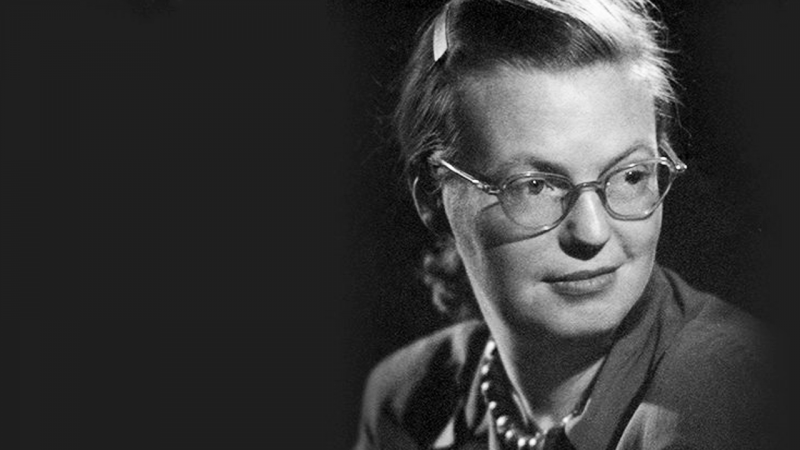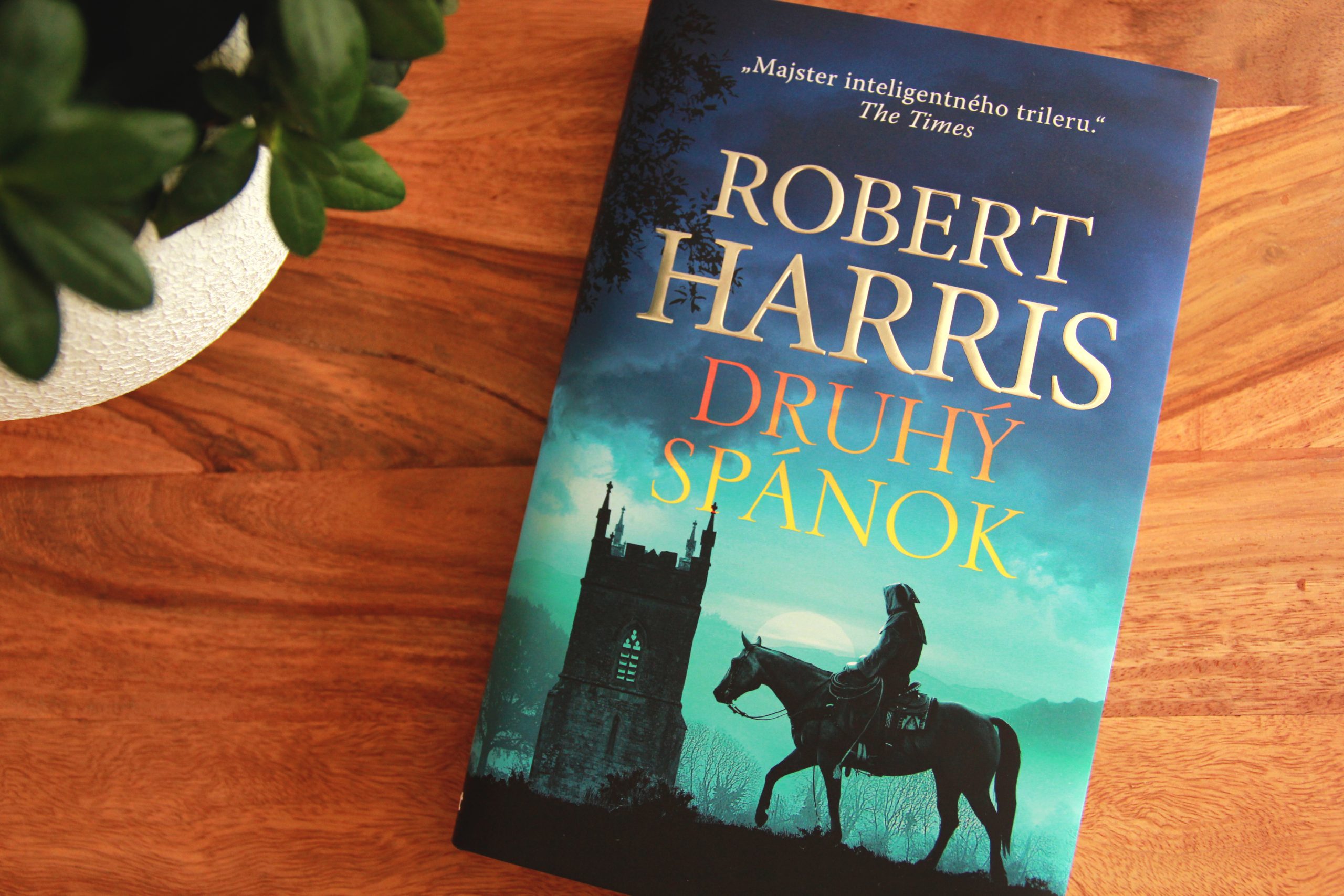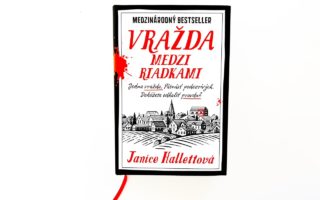Slovenské preklady niektorých klasík svetovej literatúry z edície Svetovej knižnice SME sú oproti originálnym textom razantne skracované. Čo by možno ani nebol taký veľký problém, ak by o tomto skracovaní vydavateľ (Petit Press, a.s.) svojich čitateľov informoval na obálkach daných kníh. Pri anglických knihách sa väčšinou v podobnom prípade skracovaného alebo vynechávaného textu, udáva na obálke knihy viditeľný popis „skrátená verzia“ (abridged edition). Pri knihách z danej edície, ako je Posledný Mohykán / Préria (James Fenimore Cooper) alebo Vianočná koleda / Príhody Olivera Twista (Charles Dickens) takýto údaj nenájdeme. Pritom slovenské verzie týchto kníh z edície Svetovej knižnice SME, nie sú kompletné.
Slovenský preklad spomínaných dvoch kníh je preukázateľne oklieštený. Zatiaľ čo u Olivera Twista prekladateľka Margita Pribusová začína pomerne vierohodne, a nepreložené necháva viac-menej len jednu, či dve vety, Posledný Mohykán v preklade Šarloty Baránikovej sa už v tretej kapitole utrhne z reťaze. Oliver Twist si celé nepreložené paragrafy necháva až na neskôr. Posledný Mohykán preskakuje obrovské kvanta textu hneď od začiatku. Kniha sa zameriava väčšinou len na časti, ktoré sú podstatné pre posúvanie príbehu ďalej. Nižšie by som rád začal práve opatrným Oliverom Twistom a neskôr prešiel na odvážneho Posledného Mohykána.
V príkladoch nižšie sledujem slovenský text a kurzívou je v danom texte doplnený anglický originál, ktorý do slovenčiny ostal nepreložený.
Príhody Olivera Twista (prekl. Margita Pribusová)
Kapitola III
„Boh uchránil od hriechov a nerestí Olivera Twista: whom the supplication distinctly set forth to be under the exclusive patronage and protection of the powers of wickedness, and an article direct from the manufactory of the very Devil himself.“ (str. 105)
„Pri bráne stál práve s rukami za chrbtom pán v bielej veste. after having delivered himself of some profound sentiments in the board-room.“ (str. 106)
Vo vyššie spomínaných prípadoch ide o takmer ospravedlniteľné, nevinné nedokončenia originálneho textu. Slovenská veta sa skončí, aj napriek tomu, že anglická veta ešte stále pokračuje. Horší prípad nastupuje v knihe až neskôr.
Kapitola XVIII
„Na druhý deň okolo poludnia, keď Lišiak a mladý pán Bates odišli za svojím zvyčajným zamestnaním, pán Fagin využil príležitosť a Oliverovi dlho kázal o do neba volajúcom hriechu nevďaku, ktorého sa dopustil tým, že sa svojvoľne vzdialil zo spoločnosti ustarostených priateľov. and, still more, in endeavouring to escape from them after so much trouble and expense had been incurred in his recovery.“ (str. 216)
Červenou farbou je označený anglický text, ktorý bol preložený, čiernou farbou pokračuje anglický text, už ale do slovenčiny nepreložený.
„Porozprával mu aj otrasný a dojímavý príbeh o jednom mládenčekovi, ktorého sa kedysi tiež ujal, ale ktorý sklamal jeho dôveru a skončil tak, že ho jedného dňa v Old Bailey obesili.“
„…and he related the dismal and affecting history of a young lad whom, in his philanthropy, he had succoured under parallel circumstances, but who, proving unworthy of his confidence and evincing a desire to communicate with the police, had unfortunately come to be hanged at the Old Bailey one morning. Mr. Fagin did not seek to conceal his share in the catastrophe, but lamented with tears in his eyes that the wrong-headed and treacherous behaviour of the young person in question, had rendered it necessary that he should become the victim of certain evidence for the crown: which, if it were not precisely true, was indispensably necessary for the safety of him (Mr. Fagin) and a few select friends. Mr. Fagin concluded by drawing a rather disagreeable picture of the discomforts of hanging; and, with great friendliness and politeness of manner, expressed his anxious hopes that he might never be obliged to submit Oliver Twist to that unpleasant operation.“
„Malému Oliverovi tuhla krv v žilách, keď počúval Židove reči, a len nejasne vnímal v nich číhajúce temné hrozby.“
„Little Oliver’s blood ran cold, as he listened to the Jew’s words, and imperfectly comprehended the dark threats conveyed in them. That it was possible even for justice itself to confound the innocent with the guilty when they were in accidental companionship, he knew already; and that deeply-laid plans for the destruction of inconveniently knowing or over-communicative persons, had been really devised and carried out by the Jew on more occasions than one, he thought by no means unlikely, when he recollected the general nature of the altercations between that gentleman and Mr. Sikes: which seemed to bear reference to some foregone conspiracy of the kind. Keď nakoniec bojazlivo zodvihol hlavu a stretol sa s Faigoným skúmavým pohľadom…“ (str. 216)
Ďalej nasleduje oveľa odvážnejší a oveľa viac osekaný text Posledného mohykána.
Posledný Mohykán (prekl. Šarlota Barániková)
Kapitola 3
„V ten deň dvaja chlapi stáli záhaľčivo na brehu malej, ale prudkej riečky asi na hodinu cesty od Webbovho tábora, akoby na niekoho alebo na nejakú udalosť čakali.“ (str. 15)
„On that day, two men were lingering on the banks of a small but rapid stream, within an hour’s journey of the encampment of Webb, like those who awaited the appearance of an absent person, or the approach of some expected event. The vast canopy of woods spread itself to the margin of the river, overhanging the water, and shadowing its dark current with a deeper hue. The rays of the sun were beginning to grow less fierce, and the intense heat of the day was lessened, as the cooler vapors of the springs and fountains rose above their leafy beds, and rested in the atmosphere. Still that breathing silence, which marks the drowsy sultriness of an American landscape in July, pervaded the secluded spot, interrupted only by the low voices of the men, the occasional and lazy tap of a woodpecker, the discordant cry of some gaudy jay, or a swelling on the ear, from the dull roar of a distant waterfall. These feeble and broken sounds were, however, too familiar to the foresters to draw their attention from the more interesting matter of their dialogue.„
„Jeden z čakajúcich mal červenú pokožku a výstroj lesného obyvateľa, druhý mal pod hrubou, takmer divošskou maskou svojho výstroja jasnejšiu, čo aj slnkom zbronenú, vráskavú kožu človeka, ktorý sa môže odvolávať na európsky pôvod.“
„While one of these loiterers showed the red skin and wild accouterments of a native of the woods, the other exhibited, through the mask of his rude and nearly savage equipments, the brighter, though sun-burned and long-faced complexion of one who might claim descent from a European parentage. The former was seated on the end of a mossy log, in a posture that permitted him to heighten the effect of his earnest language, by the calm but expressive gestures of an Indian engaged in debate. His body, which was nearly naked, presented a terrific emblem of death, drawn in intermingled colors of white and black. His closely-shaved head, on which no other hair than the well-known and chivalrous scalping tuft* was preserved, was without ornament of any kind, with the exception of a solitary eagle’s plume, that crossed his crown, and depended over the left shoulder. A tomahawk and scalping knife, of English manufacture, were in his girdle; while a short military rifle, of that sort with which the policy of the whites armed their savage allies, lay carelessly across his bare and sinewy knee. The expanded chest, full formed limbs, and grave countenance of this warrior, would denote that he had reached the vigor of his days, though no symptoms of decay appeared to have yet weakened his manhood.
The frame of the white man, judging by such parts as were not concealed by his clothes, was like that of one who had known hardships and exertion from his earliest youth. His person, though muscular, was rather attenuated than full; but every nerve and muscle appeared strung and indurated by unremitted exposure and toil. He wore a hunting shirt of forest-green, fringed with faded yellow, and a summer cap of skins which had been shorn of their fur. He also bore a knife in a girdle of wampum, like that which confined the scanty garments of the Indian, but no tomahawk. His moccasins were ornamented after the gay fashion of the natives, while the only part of his under dress which appeared below the hunting-frock was a pair of buckskin leggings, that laced at the sides, and which were gartered above the knees, with the sinews of a deer. A pouch and horn completed his personal accouterments, though a rifle of great length, which the theory of the more ingenious whites had taught them was the most dangerous of all firearms, leaned against a neighboring sapling. The eye of the hunter, or scout, whichever he might be, was small, quick, keen, and restless, roving while he spoke, on every side of him, as if in quest of game, or distrusting the sudden approach of some lurking enemy. Notwithstanding the symptoms of habitual suspicion, his countenance was not only without guile, but at the moment at which he is introduced, it was charged with an expression of sturdy honesty.„
„Aj vaša minulosť hovorí za mňa, Čingačgúk,“ povedal beloch…. (str. 15)
Na príklade vyššie je na anglickom texte označenom kurzívou pekne vidieť, aké obrovské časti textu boli zo slovenského prekladu vyhodené. Pôsobí to doslova akoby bola sama prekladateľka v úlohe čitateľky, unavená, možno až znudená z Cooperových dlhých popisov postáv a ich vnímania literárneho sveta. Akoby bol samotný text a jeho podoba v danom momente druhoradým prvkom. Vyznieva to tak, akoby všetko, čo čitateľa zaujímalo, je len obyčajný, povrchný príbeh, pričom z Cooperovho textu, z jeho slov, z jeho hĺbky, z jeho sveta a z jeho postáv, sa do slovenskej verzie dostávajú len obyčajné „platónovské“ tiene. Je to len obyčajný odvar originálnej knihy a čitateľ by mal byť o tomto dopredu informovaný. V podobnom duchu pokračuje celá kniha, čomu nasvedčuje aj ďalší príklad zo šiestej kapitoly. To však neznamená, že by zvyšné kapitoly ostávali tohto skratkovitého prekladu ušetrené. Príklad nižšie zo 6. kapitoly je kontinuálny text, čo znamená, že ak by sme vymazali anglické vety, dostali by sme slovenský preklad danej kapitoly v jeho presnom znení.
Kapitola 6
„Heyward a jeho spoločníčky hľadeli na toto tajomné počínanie so skrytým nepokojom. Hoci doteraz bolo belochovo správanie bezchybné, jeho hrubý výstroj, drsná reč, mimovoľný prudký prejav odporu, ako aj jeho mlčanliví priatelia – to všetko vyvolalo nepokoj a nedôveru, lebo len nedávno ich vzrušila zrada indiánskeho sprievodcu. The stranger alone disregarded the passing incidents. He seated himself on a projection of the rocks, whence he gave no other signs of consciousness than by the struggles of his spirit, as manifested in frequent and heavy sighs. Smothered voices were next heard, as though men called to each other in the bowels of the earth, when a sudden light flashed upon those without, and laid bare the much-prized secret of the place.
Na druhom konci hlbokej jaskyne, ktorá sa pri tomto osvetlení zdala ešte dlhšia, sedel stopár a v ruke držal horiaci zväzok čečiny. The strong glare of the fire fell full upon his sturdy, weather-beaten countenance and forest attire, lending an air of romantic wildness to the aspect of an individual, who, seen by the sober light of day, would have exhibited the peculiarities of a man remarkable for the strangeness of his dress, the iron-like inflexibility of his frame, and the singular compound of quick, vigilant sagacity, and of exquisite simplicity, that by turns usurped the possession of his muscular features. Trocha ďalej, vpredu, stál Unkas. Jeho postavu bolo jasne vidieť. Cestovatelia s obavou hľadeli na svižnú postavu mladého Mohykána, ktorý sa pohyboval nenútene, s prirodzeným pôvabom. Though his person was more than usually screened by a green and fringed hunting-shirt, like that of the white man, there was no concealment to his dark, glancing, fearless eye, alike terrible and calm; the bold outline of his high, haughty features, pure in their native red; or to the dignified elevation of his receding forehead, together with all the finest proportions of a noble head, bared to the generous scalping tuft. It was the first opportunity possessed by Duncan and his companions to view the marked lineaments of either of their Indian attendants, and each individual of the party felt relieved from a burden of doubt, as the proud and determined, though wild expression of the features of the young warrior forced itself on their notice. They felt it might be a being partially benighted in the vale of ignorance, but it could not be one who would willingly devote his rich natural gifts to the purposes of wanton treachery. The ingenuous Alice gazed at his free air and proud carriage, as she would have looked upon some precious relic of the Grecian chisel, to which life had been imparted by the intervention of a miracle; while Heyward, though accustomed to see the perfection of form which abounds among the uncorrupted natives, openly expressed his admiration at such an unblemished specimen of the noblest proportions of man.
Môžem pokojne spať, keď ma bude strážiť taký odvážny a šľachetný mládenec.“ Šepkala Alica.“ (str. 30-31)
Na tomto príklade je myslím veľmi pekne vidieť, čo sa oproti originálnemu textu dostane do rúk slovenskému čitateľovi. Všetka tá obrovská masa anglickej kurzívy doslova pohlcuje tých pár slovenských viet. Nemyslím si, že z danej ukážky dostane slovenský čitateľ rovnaké množstvo informácií a dojmov z Cooperovho diela ako anglický čitateľ. Slovenský čitateľ dostane základné informácie o príbehu, ale množstvo čitateľov nachádza v preskočených popisoch oveľa hlbší zmysel pre postavy aj pre samotný dej. A ten je v tomto prípade razantne otesaný.
Netvrdím, že každá jedna kniha z edície Svetovej knižnice SME je skrátenou verziou originálneho textu. Hovorím len, že podľa dvoch spomenutých príkladov v tomto článku, vzniká istá pochybnosť, že aj zvyšné knihy môžu byť, niekedy vo väčšej miere, niekedy v menšej miere, niekedy možno vôbec, skrátenými verziami originálnych románov. Čitateľovi neostáva v podobných momentoch než veriť vydavateľstvu a prekladateľovi, že k originálnej látke pristupuje svedomito a čo možno najusilovnejšie, aby nám priniesol kvalitný slovenský preklad, ktorý by nám dokázal sprostredkovať, čo možno najautentickejší zážitok z daného románu tak, ako ho čitatelia vnímajú v pôvodnom znení. V prípade dvoch vyššie spomínaných kníh sa toto určite nedá tvrdiť.



